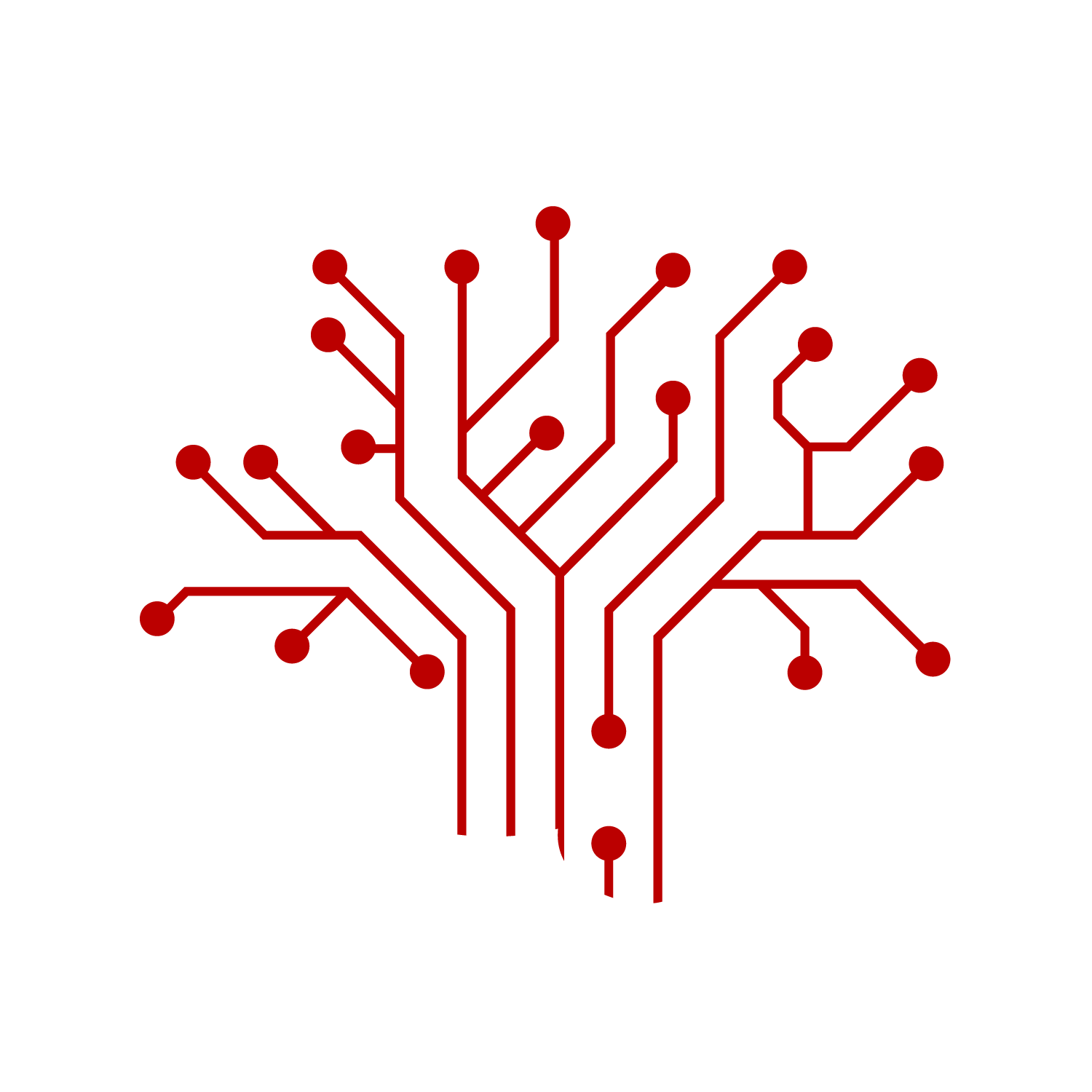
Cognitive Neuroscience Society Honors Behrmann for Distinguished Career
By Stacy Kish
Carnegie Mellon University’s Marlene Behrmann, the Thomas S. Baker University Professor of Psychology and Cognitive Neuroscience, has been awarded the Fred Kavli Distinguished Career Contributions award.
“This [honor] is really quite surprising. I am both extremely grateful and privileged and a little shocked,” said Behrmann. “It is particularly nice to receive this recognition from the Cognitive Neuroscience Society because this society was the initial champion of this entire field.”
The Fred Kavli Distinguished Career award honors senior cognitive neuroscientists for their distinguished career, leadership and mentoring in the field of cognitive neuroscience. This award is sponsored by the Kavli Foundation. Behrmann will deliver the Fred Kavli Distinguished Career Contributions Lecture on Saturday, March 14, 2020 in Boston, Mass.
Behrmann’s trailblazing research combines behavioral investigations and brain imaging techniques with both normal and impaired individuals to identify the functional architecture of the human brain that enables our visual experiences. Her research also focuses on an array of developmental disorders from autism to dyslexia. Finally, Behrmann’s research has helped patients who suffered varying degrees of brain damage caused by stroke or tumors.
"Dr. Behrmann is a superb, world-class scholar who has pushed the envelope on our understanding of human cognition and its neural basis," said Michael J. Tarr, the Kavčić-Moura Professor of Cognitive and Brain Science and head of the Department of Psychology at CMU. “Not only does Dr. Behrmann’s stellar scientific career encompass a wide range of important insights into how our brains function, but she is a dedicated and outstanding teacher and mentor who is helping train the next generation of leading brain scientists.”
Behrmann began her career as a speech pathologist, helping patients who were recovering from brain damage. She was intrigued by the similarity of aberrant behaviors that she observed among her patients. She knew that if the field could understand how the brain performed under normal conditions, new approaches could be developed to help people who experienced brain damage.
“This field happened to open up just at the very time I was looking for a bridge between the brain and behavior,” Behrmann said. “I am so excited that we continue to push forward to understand the biology of the human brain and how that biology gives rise to complex behavior.”
Behrmann has authored more than 230 articles and more than 40 chapters and books. She is a member of the American Academy of Arts and Sciences, as well as the National Academy of Sciences. She is a fellow of the Cognitive Science Society and American Psychological Society.
Behrmann received her Bachelor of Arts degree in Speech and Hearing Therapy in 1981, followed by her Master of Arts degree in Speech Pathology in 1984, both from the University of Witwatersrand in Johannesburg, South Africa. She received a Ph.D. in Psychology from the University of Toronto in 1991.
“Even though I am the recipient, many people have contributed so much to this effort,” said Behrmann. “I would like to accept this honor on behalf of the amazing team of students, post-docs and collaborators with whom I have been fortunate to work.”

